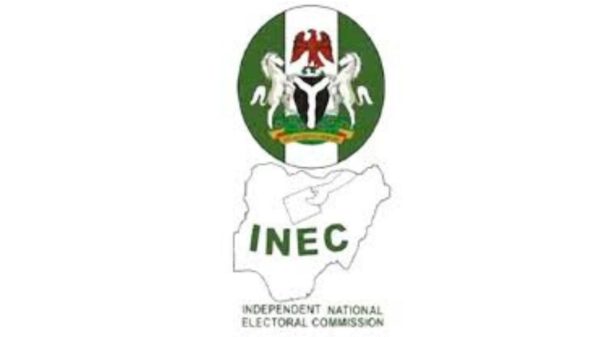The recent petition filed by Senator Natasha Akpoti-Uduaghan against Senator Neda Imasuen has ignited discussions on the ethical standards expected of public officials within Nigeria’s legal and political spheres.
Senator Akpoti-Uduaghan’s petition to the Legal Practitioners Disciplinary Committee seeks the disbarment of Senator Imasuen from the Nigerian Bar. The petition alleges that Senator Imasuen was previously disbarred in New York for fraud and misappropriation of client funds.
Despite this alleged disbarment, Senator Imasuen has continued to practice law in Nigeria and has ventured into politics, currently serving as the Chairman of the Senate Committee on Ethics, Privileges, and Public Petitions. This role demands the highest levels of integrity and ethical conduct.
The situation is further complicated by Senator Akpoti-Uduaghan’s recent six-month suspension from the Senate. She contends that this suspension was orchestrated by Senator Imasuen, even after a court order had restrained the Senate from proceeding with disciplinary actions against her.
This unfolding scenario underscores the critical importance of transparency and accountability in public service. It raises pertinent questions about the mechanisms in place to ensure that individuals in positions of power adhere to ethical standards, especially when their past conduct has been called into question.
As the Legal Practitioners Disciplinary Committee reviews the petition, the outcome will likely have significant ramifications for the Nigerian legal community and the broader political landscape. It serves as a poignant reminder of the necessity for unwavering ethical standards and the imperative for public officials to exemplify the principles they are entrusted to uphold.







































































































